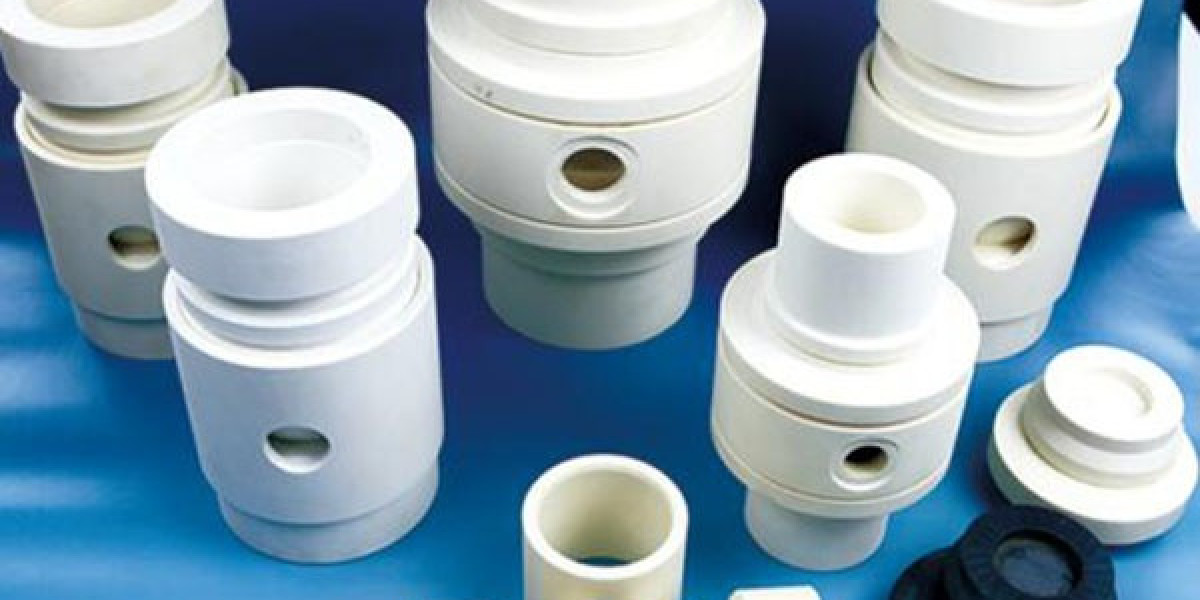The Industry 4.0 Industry is reshaping the global manufacturing landscape through the integration of advanced technologies like smart manufacturing, IoT-enabled factories, and automation technology. As factories evolve into connected industries, digital industrial transformation is no longer a futuristic concept but a present-day reality. Businesses adopting Industry 4.0 solutions are witnessing enhanced operational efficiency, reduced costs, and improved product quality.
The proliferation of IoT-enabled factories allows real-time monitoring of production lines, predictive maintenance, and data-driven decision-making. Furthermore, innovations in automation technology enable seamless interaction between machines and systems, facilitating high-speed manufacturing with minimal human intervention. Digital industrial transformation emphasizes integrating connected industry ecosystems, where supply chains, production units, and logistics networks operate cohesively.
One notable trend supporting Industry 4.0 adoption is the growth in specialized markets like the US OLED Microdisplay Market, which powers advanced visualization tools and augmented reality systems for industrial applications. Similarly, the Analog And Mixed Signal Device Market is witnessing strong growth, providing critical components for sensors, controllers, and data acquisition systems in smart factories.
Key Benefits of Industry 4.0 Implementation
Enhanced Efficiency: Real-time monitoring and automated systems reduce errors and downtime.
Cost Reduction: Predictive maintenance and optimized resource usage cut operational costs.
Improved Quality: Advanced sensors and analytics ensure consistent product standards.
Data-Driven Decision Making: Digital industrial transformation facilitates better planning and forecasting.
Trends Shaping the Future of Industry 4.0
Expansion of IoT-enabled factories across sectors such as automotive, electronics, and pharmaceuticals.
Adoption of automation technology to minimize manual interventions and enhance productivity.
Growth in connected industry ecosystems promoting seamless supply chain integration.
Utilization of advanced microdisplays and mixed signal devices to improve monitoring and control systems.
Why Businesses Are Moving Toward Industry 4.0
Companies are increasingly investing in Industry 4.0 because it promises scalable growth, better integration of digital tools, and future-proofing operations. By embracing smart manufacturing and connected industry solutions, organizations gain a competitive advantage in a rapidly evolving industrial landscape.
FAQs
Q1: What is Industry 4.0?
Industry 4.0 refers to the fourth industrial revolution, integrating digital technologies, smart manufacturing, and automation into production processes.
Q2: How does Industry 4.0 benefit factories?
It improves operational efficiency, reduces costs, ensures quality control, and enables real-time data-driven decision-making.
Q3: What are key technologies in Industry 4.0?
Key technologies include IoT-enabled factories, automation technology, digital industrial transformation, smart manufacturing, and connected industry systems.







